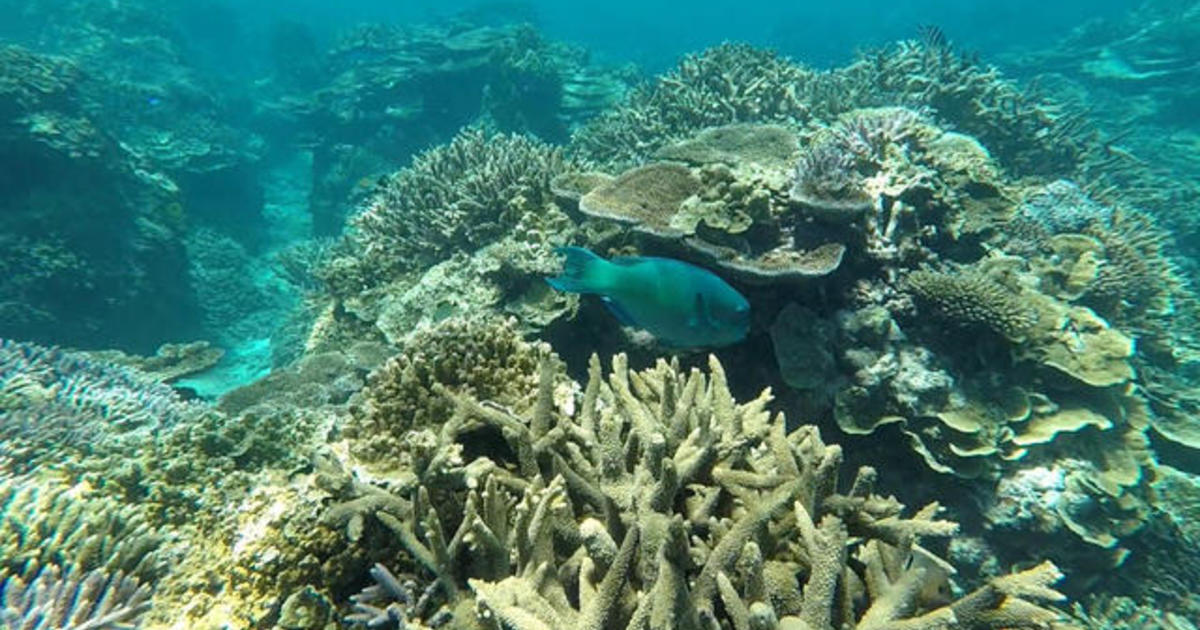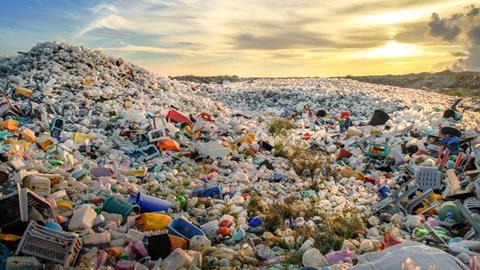Coral Reefs, Plastic Waste, and "Dead Zones"
When you think of where the Earth's oxygen comes from, you probably first think of trees. The surprising part is, trees and plants only produce 1/3 of the air we breathe - the rest of it comes from the ocean. Coral reefs generate as much as 1/2 of the Earths oxygen. Little are many people aware, our coral reefs are dying at a rapid increase, due to global warming and pollution made by humans. If the coral reefs continue to keep dying out, the rest of the world won't be able to produce enough oxygen to keep humanity or other animals alive. (EcoWatch)
70% of our earth is ocean, so it's important to take care of, but only 5% of the ocean is protected from pollution caused by humans. We can help save the marie life by cutting out single use plastics and recycling our waste. It's also helpful to cut back on your carbon usage, and only using gasoline when neccesary.
 |
| CBS News |
Little are so many people aware, plastic waste has become a huge issue within our environment. As ecologycenter states, not only is it polluting our ecosystem, but it's also causing health problems in humans and animals. This is because plastic takes up to thousands of years to decompose, leaching toxic chemicals into our soil and water. Although plastic is beneficial for our convenience, is it really worth it? - The amount of time we use single use plastics is nothing compared to the amount of time it's going to spend in landfill.
It may seem useless to switch to plastic alternatives because it'll make such a small difference, but if everyone cut back on their plastic usage, we would be able to benefit the world in so many ways. If plastic waste is harming our earth, why are we still continuing to produce more?
As Andrew Forrest explained, newly produced plastics should be more expensive, whereas recycled plastics should be cheaper. As of right now, it's the other way around. This results in more and more plastic being produced, which will end up in landfill, continuing to harm our earth.
 |
| GreenBiz |
"Dead Zones"
A "dead zone" is a large area in an ocean where there's so little oxygen, that species cannot live there. These areas are caused by excessive nutrient pollution made by humans. Simple actions people make can impact a dead zone thousands of miles away. For example, the types of fertilizer farmers use can increase their nitrogen usage, eventually reaching the ocean and harming the sea life.
So what can we do to help prevent dead zones from forming in the ocean? The most effective alternative for these dead zones is switching to a more eco-friendly fertilizer that contians less nitrogen. It's also important to build water treatment plants to prevent human and animal waste from entering the oceans and polluting the life in it.
 |
| LeisurePro |
Jamail, Dahr. "Coral Reefs Could All Die Off by 2050." EcoWatch, Truthout, 16
May 2017, www.ecowatch.com/coral-reef-bleaching-2408656490.html. Accessed
22 Nov. 2019.
Lewis, Sophie. " Climate change has caused an 89% decrease in new coral in the
Great Barrier Reef, study finds." CBS News, Sophie Lewis, 3 Apr. 2019,
www.cbsnews.com/news/
great-barrier-reef-dying-climate-change-caused-decrease-in-new-coral-study-says/.
Accessed 22 Nov. 2019.
"Save the Plankton, Breathe Freely." National Geographic,
www.nationalgeographic.org/activity/save-the-plankton-breathe-freely/.
Accessed 22 Nov. 2019.
"The Problems with Plastics." Ecology Center, Martin Bourque, ecologycenter.org/
plastics/. Accessed 3 Dec. 2019.
"Tackling Increasing Plastic Waste." World Bank, datatopics.worldbank.org/
what-a-waste/tackling_increasing_plastic_waste.html. Accessed 22 Nov. 2019.
"What is a Marine Dead Zone?" leisurepro, 1 Apr. 2019, www.leisurepro.com/blog/
ocean-news/marine-dead-zone/.
Erica, good overview of the TED Talks. Don't forget to cite them and to add captions with internal citations for your images.
ReplyDeleteYour post is well-written and includes interesting information. It also looks really nice.
The background, pictures, and format of your blog was pleasing to the eye and easy to read. There was lots of information and ways to fix the issues you described. Is there anything you have done or plan on doing to help fix the problems? Have you tried any of the suggestions like switching from a single-use plastic bottle to a reusable water bottle? Overall I loved your blog! -Maurgan
ReplyDeleteThank you and yes! - I try to avoid single use plastics when possible.
Delete